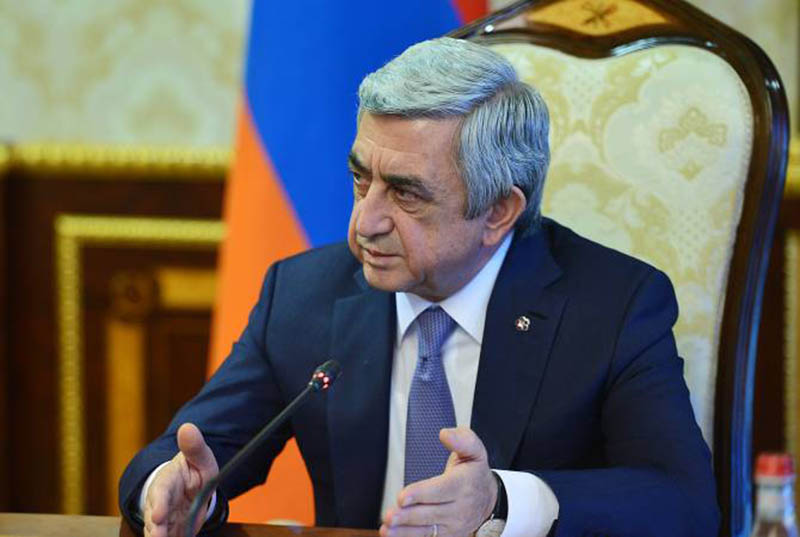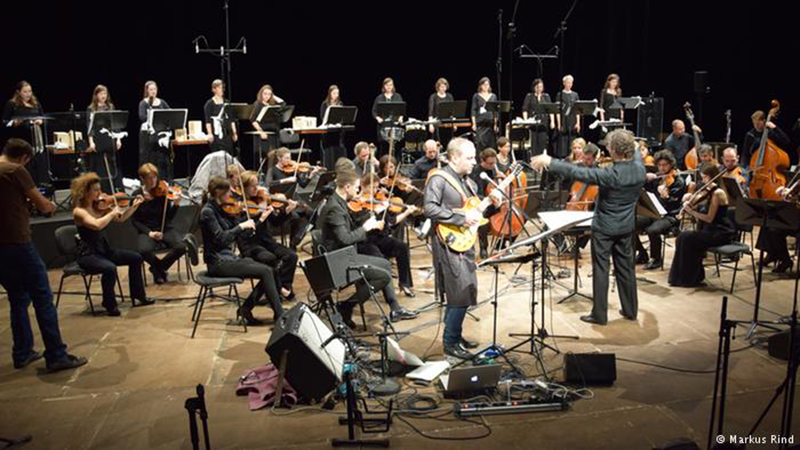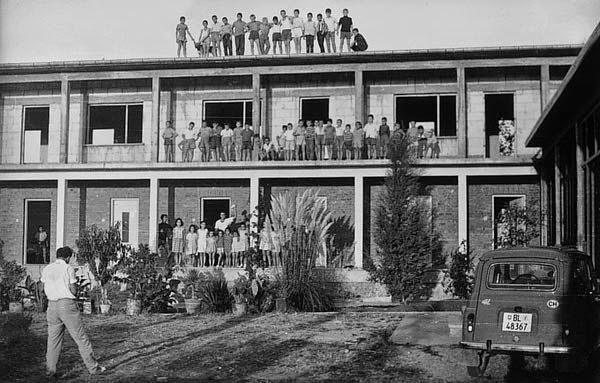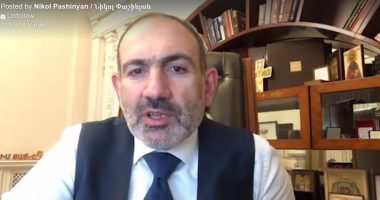This past week marked the 5th anniversary of the change of power that took place in Armenia. During April-May 2018, a popular uprising known as the Velvet Revolution toppled the old regime and brought a new administration into power. Under the pressure of street protests, term-limited former president Serzh Sargsyan, who became prime minister based on an amended constitution, tendered his resignation, and on May 8, 2018, the National Assembly elected the leader of the revolution, Nikol Pashinyan, as the new prime minister of the country.
In the past 5 years, Armenia faced new realities and challenges. Numerous reforms were implemented and successes were achieved. However, all the advancements were overshadowed when Armenia and Artsakh emerged defeated from the 44-day war, losing large swaths of land and becoming hostage to Azerbaijan’s continuing aggressive policies.
The consequences of the war were burdened on the shoulders of the new administration, even though it was the result of many years of a crooked and rotten system, created by the previous regime, which was based on bribery, theft of public funds, and widespread corruption, even within the army itself.
The opposition hoped that after the defeat in the war, a wave of popular protests would force the removal of government and that they will soon be back in power. However, their predictions turned out to be wrong, when the people refused to go out to the streets a second time and return to power previously repudiated forces. The extraordinary parliamentary elections of June 2021, reaffirmed this same sentiment, when the ruling Civil Contract Party won the majority of the seats in the Parliament and re-elected Nikol Pashinyan as the prime minister.
The list of reforms implemented during the past five years is quite impressive. Armenia became a democratic country, where individual freedoms are respected, the opposition media freely criticizes the government and its policies, and elections are held free and fair, without pressure on the voters or enticement with bribes. There is no longer a climate of fear among the common people and everyone is free to publicly express their opinion and criticize those in power. International human rights organizations confirm all these in their annual reports.
Corruption has not been completely eradicated, but it is no longer a systemic problem. Individuals in positions of power are being arrested and tried, something that Armenians did not witness under the previous governments. Tax revenues are being collected in record amounts, unlike in the past, when part of these taxes were passed on as bribes to ministers and other high-ranking officials. The growth in revenues allows the government to increase pensions and salaries, and large sums of money are allocated for the modernization of the army and increasing its defensive capabilities. Thanks to cleaner governance and management, a high percentage of economic growth are being registered in recent years.
The revolutionary government, after much delay, started to fulfill one of its main promises: To return the looted money and illegally obtained properties to the state. For this purpose, a special court was created, through which assets obtained by corrupt means by former officials will be confiscated. Thus, it can be said that since 2018, positive changes have taken place in various areas and the everyday life of the people.
However, what has been achieved until now is not considered sufficient by large segments of society. The results of the recently published American poll, indicate this same sentiment. Almost half of the people surveyed are not satisfied with the changes made so far. The same survey shows that yhe Prime Minister’s rating is in decline, but he remains the most popular politician in the country. All these should compel the government to listen more closely to the grievances of ordinary citizens.
Five years after the change of power, the main issues facing Armenia continue to be the safeguarding of the country’s borders and the protection of the rights of Artsakh Armenians. Only with the successful resolution of these two issues, will it be possible to re-establish the people’s optimism for the future and confidence in the forces that came to power through a popular uprising 5 years ago.
K. KHODANIAN
MASSIS










